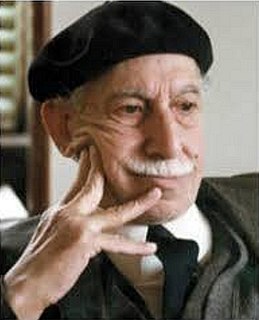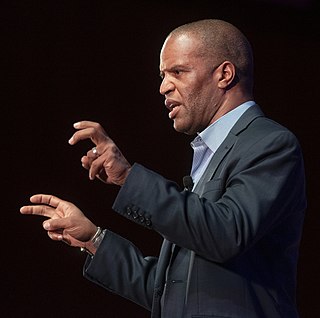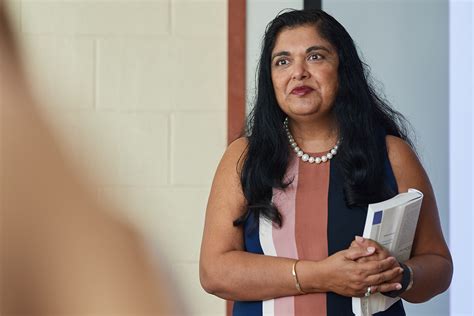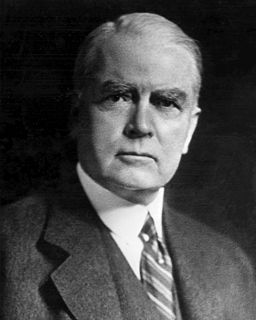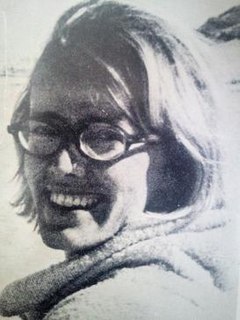A Quote by Emma Goldman
True, the movement for woman's rights has broken many old fetters, but it has also forged new ones.
Related Quotes
In less than a century we experienced great movement. The youth movement! The labor movement! The civil rights movement! The peace movement! The solidarity movement! The women's movement! The disability movement! The disarmament movement! The gay rights movement! The environmental movement! Movement! Transformation! Is there any reason to believe we are done?
The gay rights movement of recent years has been an inspiring victory for humanity and it is in the tradition of the civil rights movement when I was a young boy in the South, the women's suffrage movement when my mother was a young woman in Tennessee, the abolition movement much farther back, and the anti-apartheid movement when I was in the House of Representatives. All of these movements have one thing in common: the opposition to progress was rooted in an outdated understanding of morality.
A shared choice movement sees the fetus as the genes of a woman and the genes of a man; the flesh of the woman, the flesh of the man; the bone of a woman, the bone of a man; the responsibility of a woman, the responsibility of a man; the rights of a woman, the rights of a man. It desires a transition to equality.


